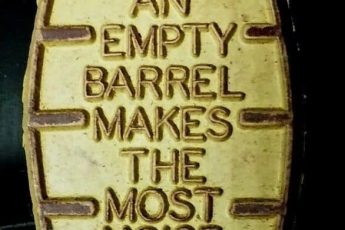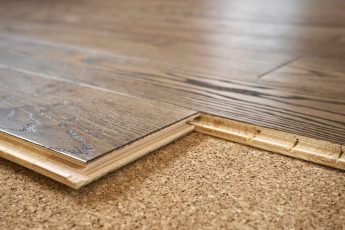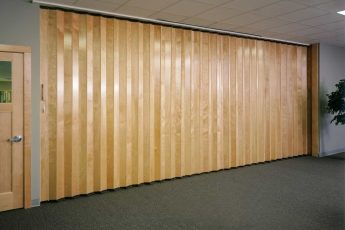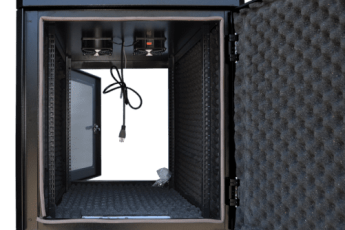You may wonder how long a wheel bearing will last after it starts making noise. While they typically last for years after a noise is heard, they don’t last forever, which makes it important to get them fixed before they develop into bigger problems. There are several signs that your wheel bearing is in need of repair, so you should be aware of them.
Cost of a new wheel bearing
A wheel bearing repair or replacement can be a DIY project or it can be an expensive repair. The price varies greatly depending on the type of wheel bearing and the make and model of the car. However, the average cost of replacing a wheel bearing is approximately $326. In some cases, a new wheel bearing and hub assembly may cost as much as $800.
A worn out wheel bearing can cause a buzzing, grinding, or humming noise. This noise can grow louder as the vehicle accelerates. If you do not immediately address the problem, you could risk a serious accident. A good rule of thumb is to get your vehicle inspected by a mechanic as soon as possible.
The frequency of wheel bearing failure varies greatly. It can be caused by many factors, such as the type of road you drive, and the age of the car. It is generally recommended to check a wheel bearing every 35,000 miles or so. Older cars are more prone to failure, and older cars may require more frequent servicing.
Wheel bearings also affect the efficiency of your car’s drivetrain. Bad wheel bearings can make the brake pedal wear out faster, which will decrease your car’s fuel economy. Bad wheel bearings can also affect the performance of the axles, causing them to wear down and fail completely.
Although some wheel bearings may continue to operate normally for many years, most will start making noise eventually. The noise will begin slowly and get worse over time. You may not notice the noise until you lose control of your car. You may not be able to hear it at first, so it is important to replace the bearing as soon as it starts making noise.
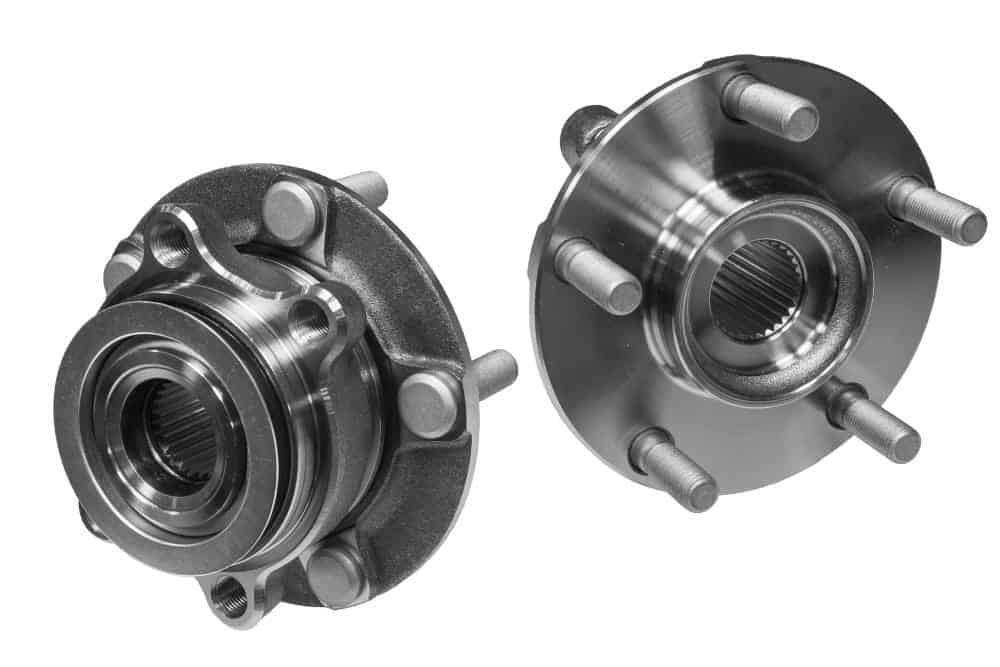
Signs of a bad wheel bearing
One of the most common symptoms of a bad wheel bearing is a noise. This noise may be intermittent or constant, and it can vary in nature, depending on the cause. When a wheel bearing is bad, it makes a distinct whine or grinding noise when it spins. The sound is also often audible to pedestrians outside the vehicle.
Another sign of a bad wheel bearing is a growing or crackling noise. This noise is typically caused by excessive endplay in the wheel bearing and poor clamping. The sound is usually noticeable in the driving direction and becomes more audible during turning. In addition to the noise, the wheel may pull to one side.
Worn wheel bearings can cause uneven tire wear and make steering difficult. They can also cause the wheel to seize up or fall off, posing a road hazard. The vibration caused by a bad wheel bearing can also decrease the vehicle’s speed. This can affect traction and make the vehicle unstable when accelerating or decelerating.
One of the easiest ways to determine if a wheel bearing is bad is to jack the car up and check it for play. Make sure to do this properly to avoid injuring yourself. If the wheel is moving back and forth, it is likely that the wheel bearing has gone bad.
Another common symptom of a bad wheel bearing is a loose or broken seal. This can let dirt and water enter the wheel bearing. These contaminants can compromise the lubricant and lead to premature bearing failure. In addition, the wheel bearing should be checked regularly. Keeping your tires properly balanced will also help to prevent uneven wear of the tire and reduce the chance of a bad bearing.
In addition to loose steering, a bad wheel bearing can affect the transmission and make the car unsafe to drive. When this happens, the wheel bearing may need to be replaced. If not replaced immediately, you’ll have to deal with the problems that the car may be having. Further, the wheels may start slipping out of place, causing shakiness and vibrations. If you ignore these signs, you could be risking your safety.
A bad wheel bearing is the culprit behind loose steering. When a wheel bearing fails, it becomes loose inside the wheel spindle or hub. It is this looseness that causes the steering wheel to become loose and unresponsive. This is also called wheel play. In addition to loose steering, a bad wheel bearing will also cause the wheel assembly to become loose.

Another common symptom of a bad wheel bearing is an uneven tire wear. If the tires are unevenly worn, you should have them checked by an ASE certified mechanic.
Lifespan of a cheap wheel bearing
The life span of a wheel bearing depends on a few factors. For example, the cost of the bearing, the type of the bearing, and the driving conditions will all affect the bearing’s lifespan. A cheap wheel bearing will last between 1,000 and 1,500 miles, but the lifespan may be much shorter or longer depending on the circumstances.
If your wheel bearing starts making noise, it may be time to replace it. Ideally, you should replace your wheel bearing according to the manufacturer’s recommendations, as this will help ensure optimal performance and a longer life without any detrimental noise. In addition, if you do not replace your wheel bearing according to the manufacturer’s recommendations, you risk causing excess friction and causing uneven tire wear.
Luckily, wheel bearings are very low maintenance parts. However, you should not rely on them to last forever, so you should pay attention to their lifespan. Several factors will affect their lifespan, including dust, dirt, and moisture. Some of these factors can lead to the premature failure of your bearing.
Road conditions, poor road quality, and impact damage can also damage a wheel bearing. In addition, poor quality wheel bearings often have poor heat-treatment, causing them to wear out prematurely. In addition, modifying your vehicle can place undue pressure on the bearing. This can lead to cracks and dents, which may cause further damage to the wheel.
Fortunately, there are several ways to ensure your wheel bearing lasts as long as possible. By checking online forums, you can learn more about your vehicle’s wheel bearing’s lifespan and how long it should last. Additionally, you can use your car title as collateral to get the money you need for a new wheel bearing.
Taking care of your wheel bearing immediately is important. A broken bearing can lead to serious problems, including a total loss of control of your vehicle. It is also essential to get regular inspections of your suspension system, as this will help prevent problems from occurring.

The most important factor in determining the life of a cheap wheel bearing after it starts to make noise is its quality. Cheap bearings are not as durable and can break under the spin force of a wheel, causing an unwanted noise. Also, bad road conditions can shorten the life span of a wheel bearing. This is because dirt and mud can get into the bearing, causing friction and noise.
